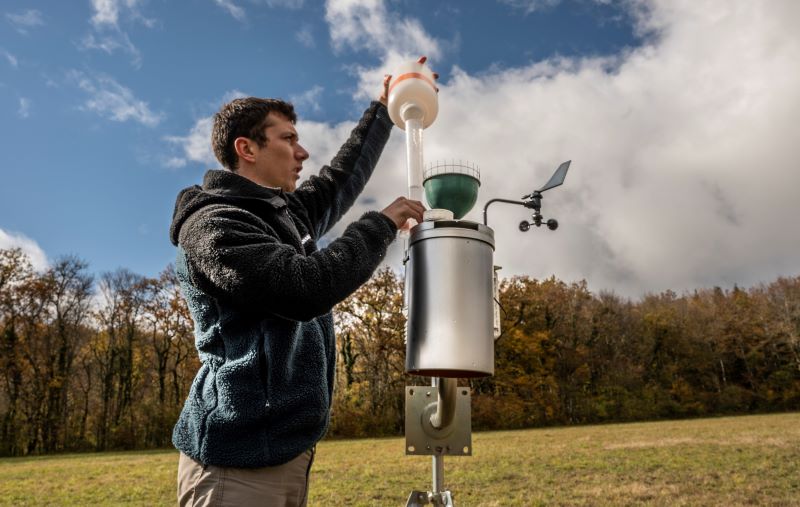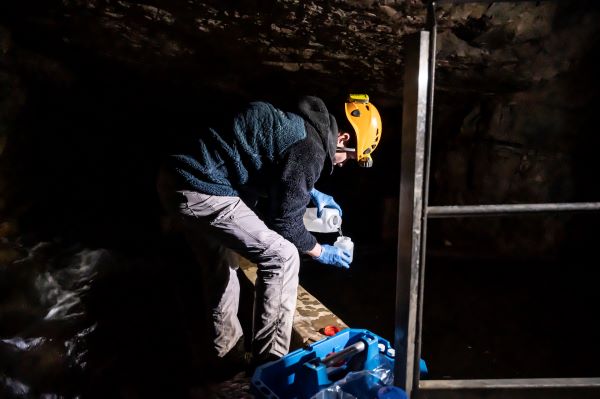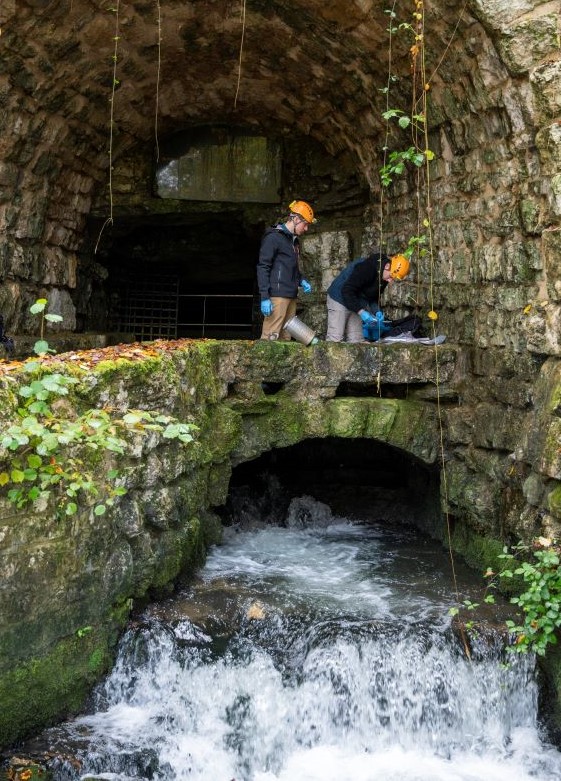TRANSKARST
TRANSKARST Project
Transdisciplinary research on karstic waters
Karst groundwater currently meets 30% of France’s drinking water needs, plays an essential role in many hydro-ecosystems and is therefore of major socio-economic and environmental interest.
However, they are highly vulnerable to pollution because of the internal structure of the karst and the hazards of their catchment area. The operation of karst hydrosystems must therefore be better constrained in order to secure the use of karst water in terms of drinking water supply.
TRANSKARST, a transdisciplinary research consortium bringing together scientists and water resource managers, aims to address this issue and, more specifically, to define the role of underground circulation in the transfer of mineral, organic and microbiological contamination at the scale of karstic catchment areas.
Goals
TRANSKARST is being developed around 4 actions:
1. Establish a geological and hydrodynamic model of the functioning of the Arcier hydrosystem;
2. Assess the mineral, organic and microbiological contamination of karstic hydrosystems;
3. Understand the reactivity of karstic environments in the transfer of contamination by dissolved, colloidal or particulate means;
4. Bringing together those involved in karstic water resources and comparing the studies and knowledge acquired in the area to produce decision-making tools for managers;
Financing Région BFC: €250,000 / AERMC: €150,000
Coordination: Hélène Celle helene.celle@univ-fcomte.fr
Project duration: 5 years (2020-2025)
Partners:
– UMR 6282 CNRS Biogéosciences (UBFC).
– SO Jurassik Karst (SNO Karst, IR OZCAR), SNO RENOIR (IR OZCAR), ZAAJ (IR ZA).
– Coordination OSU Theta, UMR 6249 CNRS Chrono-environnement
Key words: karst, hydrochemistry, microbiology, organic molecules, sediments, contamination.



